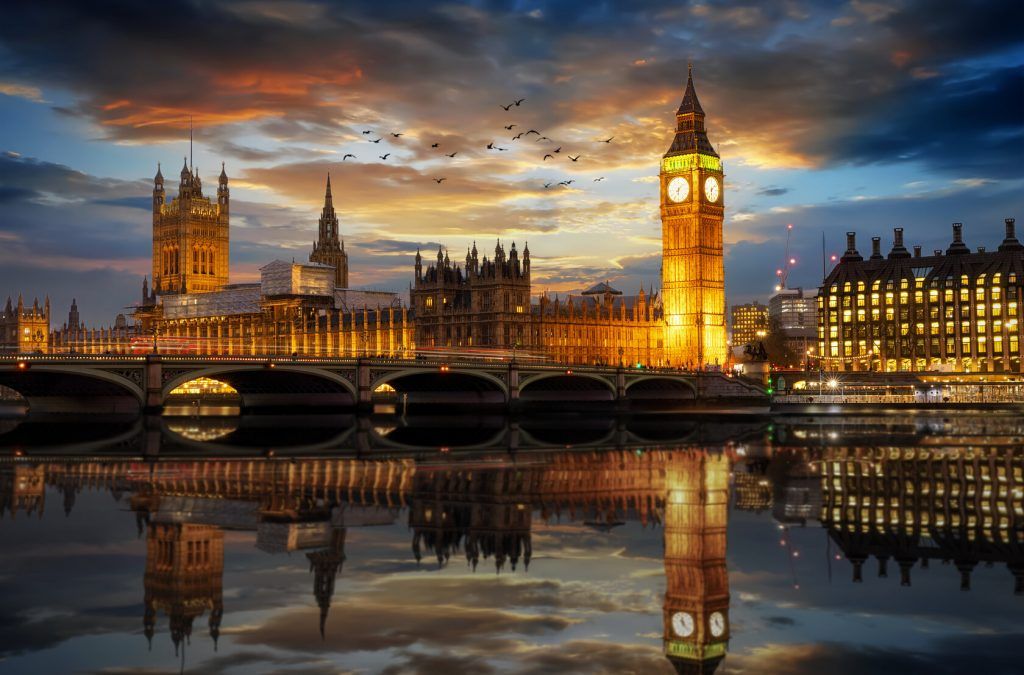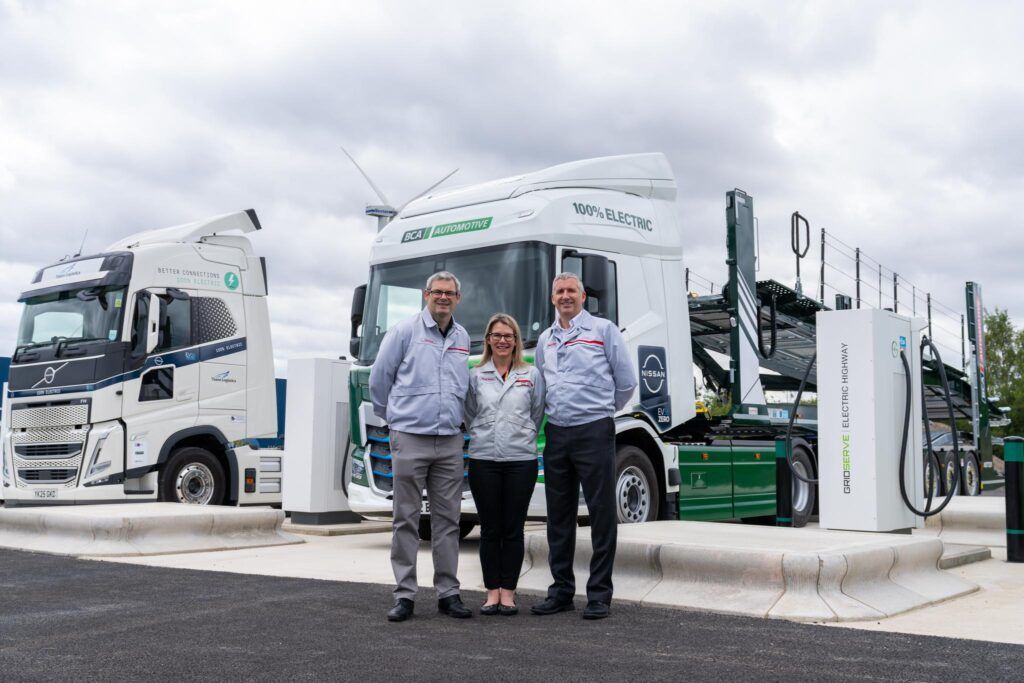The rail industry needs a clear strategy from government on how to decarbonise the network, according to the parliamentary Transport Committee.
The committee highlighted the need in a new report, Trains fit for the future?, which stated the government should publish a long-term strategy for rail. It said that a vision for electrification and for the use of battery and hydrogen technology should be laid out, underpinned by appropriate costings, a credible delivery plan and enabling targets and milestones.
As part of its strategy, the DfT should commit to a 30-year rolling programme of electrification projects, it said, if it is to meet the legally binding target of net zero carbon emissions by 2050. Additionally, a former pledge to remove all diesel trains from tracks by 2040, should begin, with the start of the electrification programme as soon as possible, rather than waiting for the start of the next control period in 2024.
The committee also called on Network Rail and the industry to be subject to greater transparency and controls over cost to ensure the rolling programme delivers value for money. As electrification is the only immediate decarbonisation option for most of the network at present, the department should publish the list of ‘no regret’ electrification schemes identified by Network Rail and confirm which will come first and when.
Uncertainty was also highlighted as “a key obstacle to delivering a decarbonised railway”, according to the committee: delays to key transport strategies such as the DfT’s Decarbonisation Plan, the Rail Reform White Paper and the Williams Review – combined with a mismatched target framework – have cost the sector planning and investment time.
Battery and hydrogen technology should also be embraced as an important way of decarbonising the rail network, and the committee called on hydrogen trains being “fully incorporated” within the forthcoming national Hydrogen Strategy.
Transport Committee chair, Huw Merriman MP, said: “Decarbonising rail, and making our trains cleaner and greener, will be a considerable challenge for us all. Transport accounts for the largest source of carbon dioxide emissions of any sector in the UK at 27 per cent. Trains in Great Britain still rely mainly on diesel traction – an estimated 62% of the rail network is diesel-powered compared with 38% electrification. It will be some time before battery and hydrogen-powered trains are ready to depart the station, leaving electrification as the main option.
“Rail contributes less than one per cent of the total UK annual greenhouse gas emissions and has a huge role to play in helping us move people and goods around using zero-carbon solutions. We must ensure that we don’t push freight on to the roads as the move from road to rail freight is an important part of meeting our net zero targets.”
Responding to the report, David Clarke, technical director of the Railway Industry Association, said: “We very much welcome the Transport Committee’s report on decarbonising the rail network, including the call to start as soon as possible a thirty year programme of electrification and investment in hydrogen and battery trains.
“We need to get on with decarbonising our rail network today if we are to meet the Government’s target of Net Zero by 2050. That means starting a rolling programme of affordable electrification that avoids the ‘boom and bust’ profiles of the past, thereby allowing the rail industry to continue to retain and develop expertise and capabilities so that it can deliver efficiently and affordably. We also need to see fleet orders of battery and hydrogen trains, which the industry is now developed enough to deliver, so that we can decarbonise branch lines around the country, placing the UK at the forefront of the global green industrial revolution.
“We now urge the Government to work with the rail industry to begin the decarbonisation of passenger and freight rail today, ensuring we play a key role in the ‘build back better’ agenda and support the UK’s economic bounceback from Coronavirus.”
Image from Shutterstock















